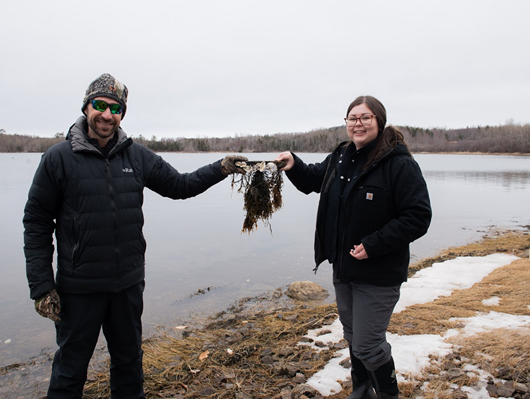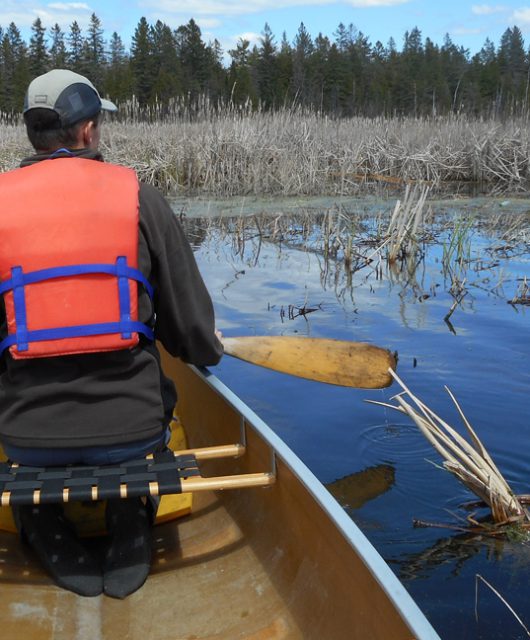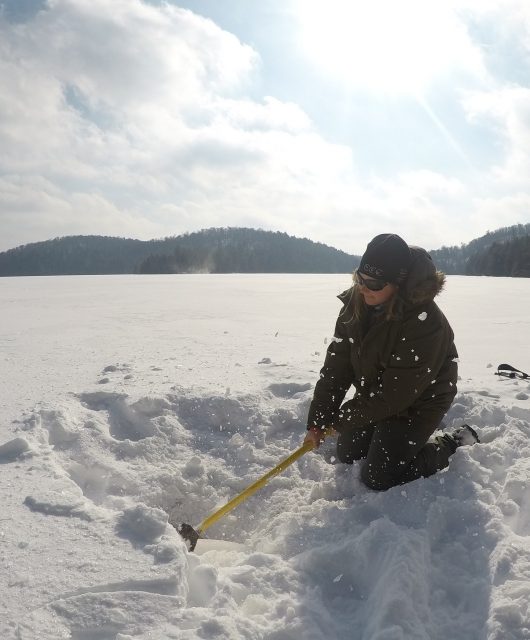Urban runoff is considered one of the largest water pollution challenges for a city, not to mention a main source of toxic chemicals for urban waterways.
As rain and snow melt travels over impermeable surfaces such as roads, driveways, rooftops, parking lots, sidewalks, even lawns it picks up a variety of pollutants such as fuel, oil, rust, road salt, pesticides, fertilizers, sediment and pet wastes.
It should be no surprise that by the time all of this runoff reaches a local stream, river or lake that this pollution cocktail contaminates water harming fish and other aquatic organisms.
Because urban runoff is hot, fast and dirty, it can significantly alter our freshwater environments. Impacts of urban runoff are many affecting aquatic plants, insects, fish and other wildlife. Sediment can dislodge aquatic plants, smother insects and fish eggs, damage or clog fish gills, increasing the risk of infection and disease, and decrease growth rates for fish. Moreover, metals found in urban runoff, like chromium, copper, lead and zinc can be toxic to aquatic organisms. Runoff also does significant damage on aquatic habitat – eroding stream banks and streambeds and destroying spawning areas for fish.
Will you help our waterways today?






14 comments